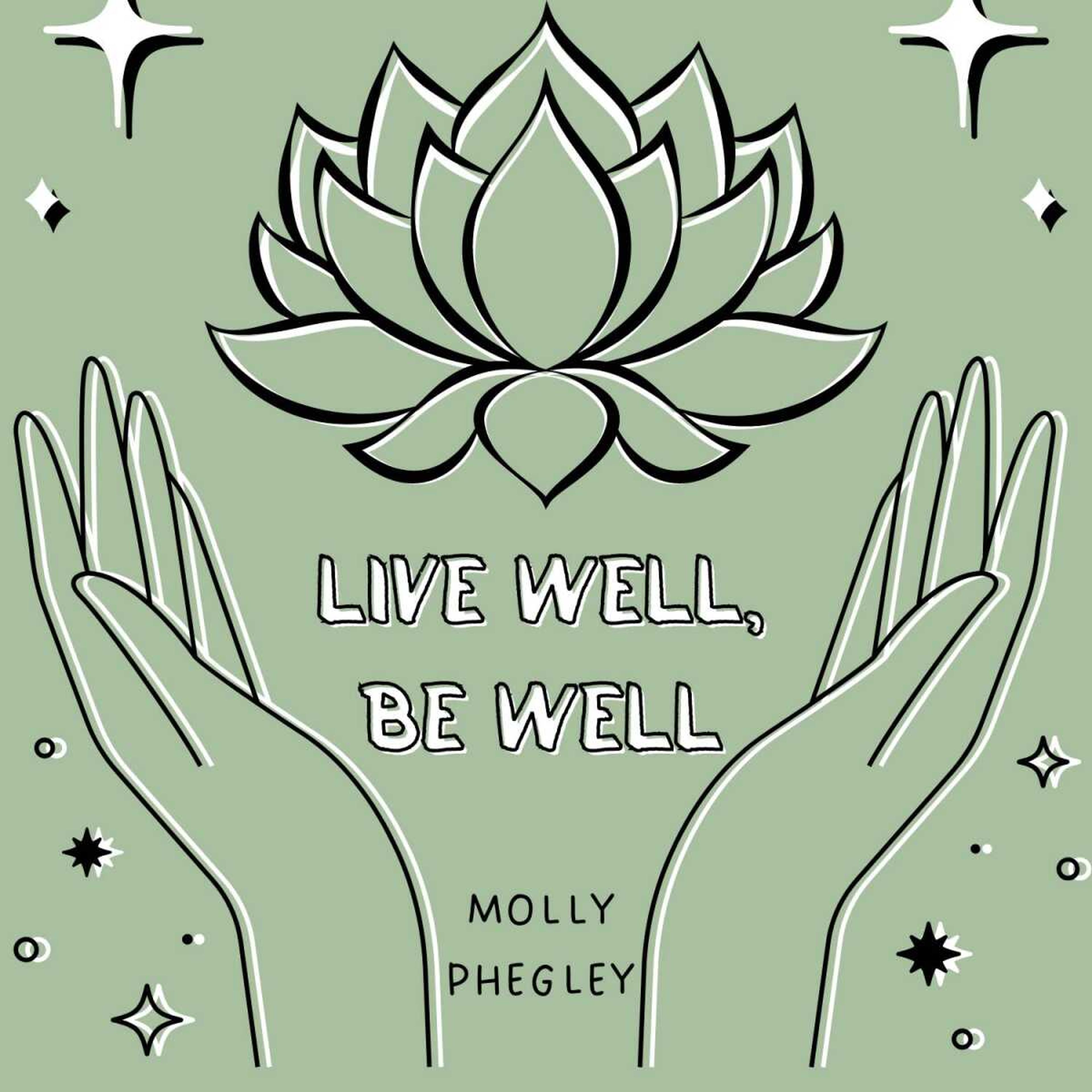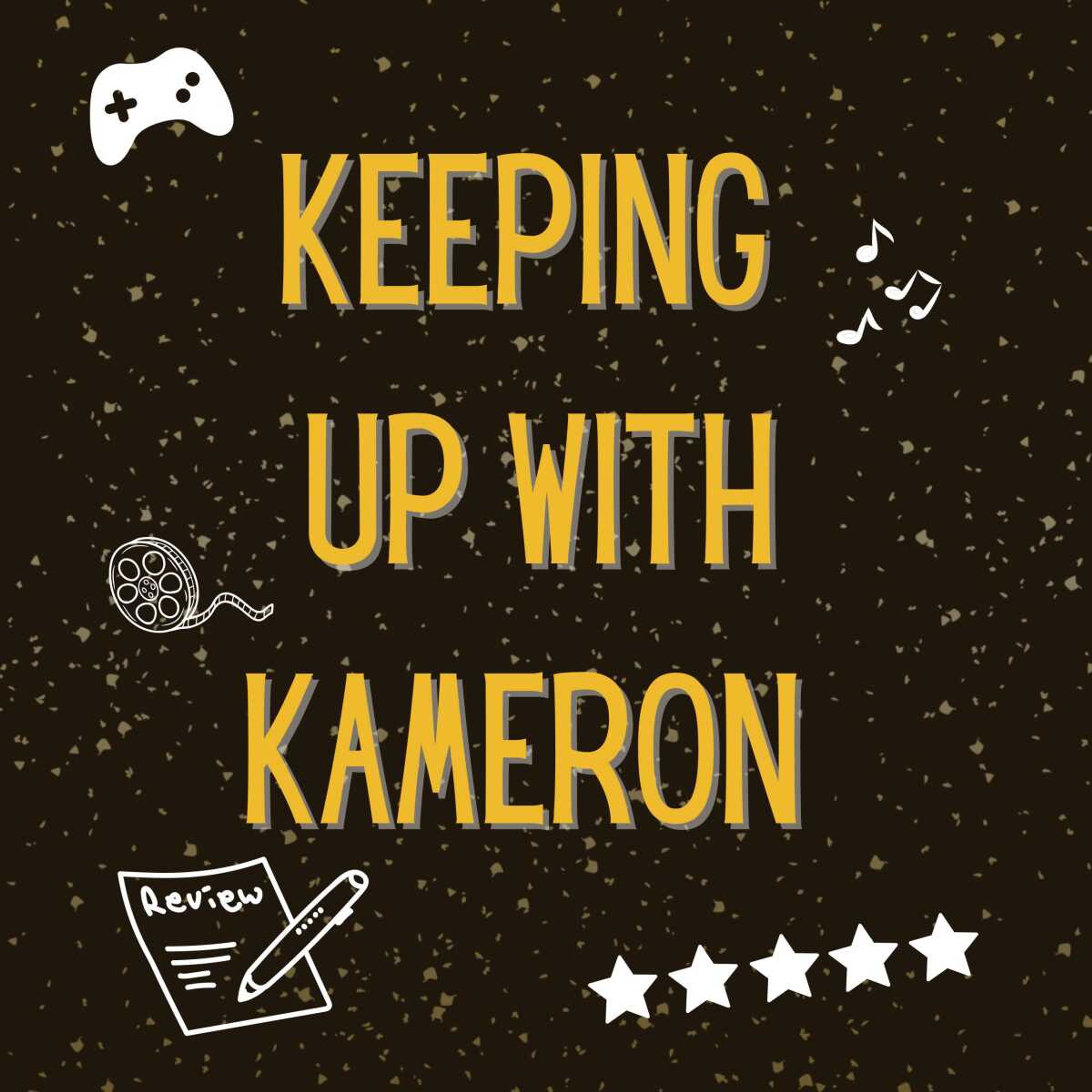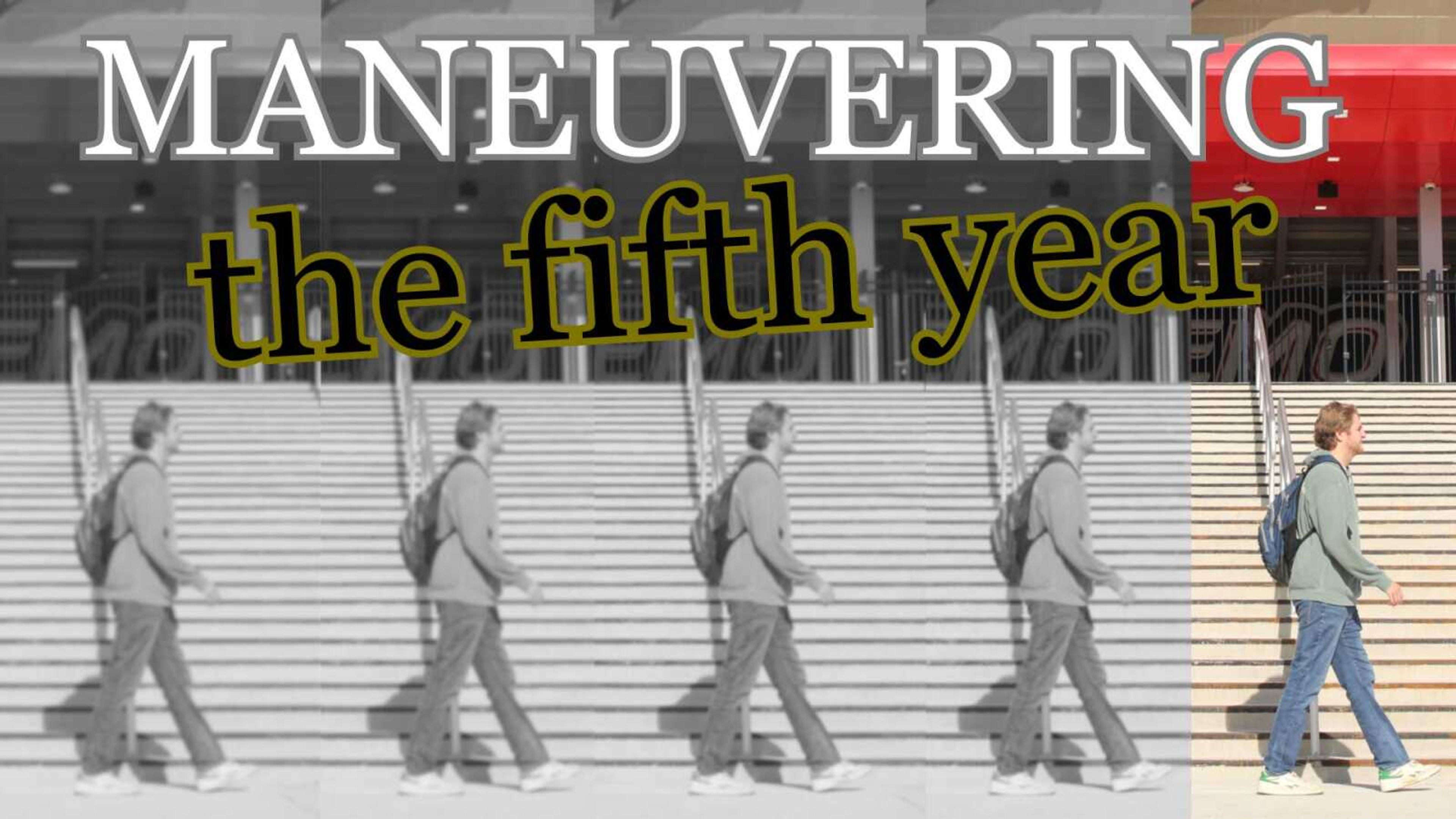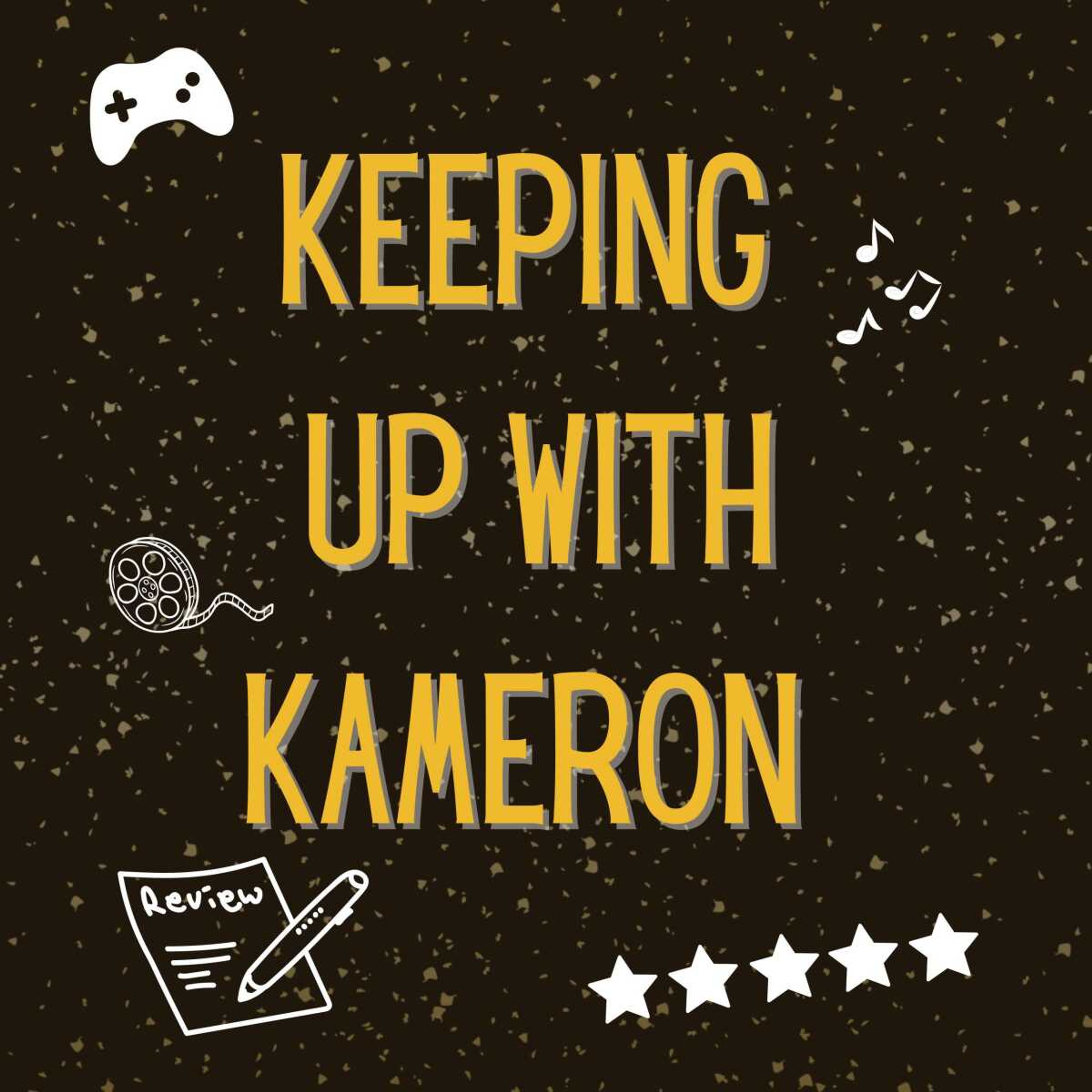Live Well, Be Well: The power of breath
What drives the force of life? What keeps all of us alive? I think many of us believe the heart is the force that keeps our bodies alive and functioning. It makes sense, right? It’s the most emphasized organ when speaking about health. However, the heart is far from the most important organ when it comes to our bodily health...
What drives the force of life? What keeps all of us alive? I think many of us believe the heart is the force that keeps our bodies alive and functioning. It makes sense, right? It’s the most emphasized organ when speaking about health. However, the heart is far from the most important organ when it comes to our bodily health.
Now, I am not claiming to be a doctor or health professional, but I have spent quite a bit of time studying and observing different ways to find the most balanced and abundant state for my body to be in.
Through a long journey of yoga teacher and meditation trainings, studying Ayurveda — the Hindu system of medicine — practicing mindful awareness, and building a deeper connection between mind and body, I have found my true answer to this long-debated question of life.
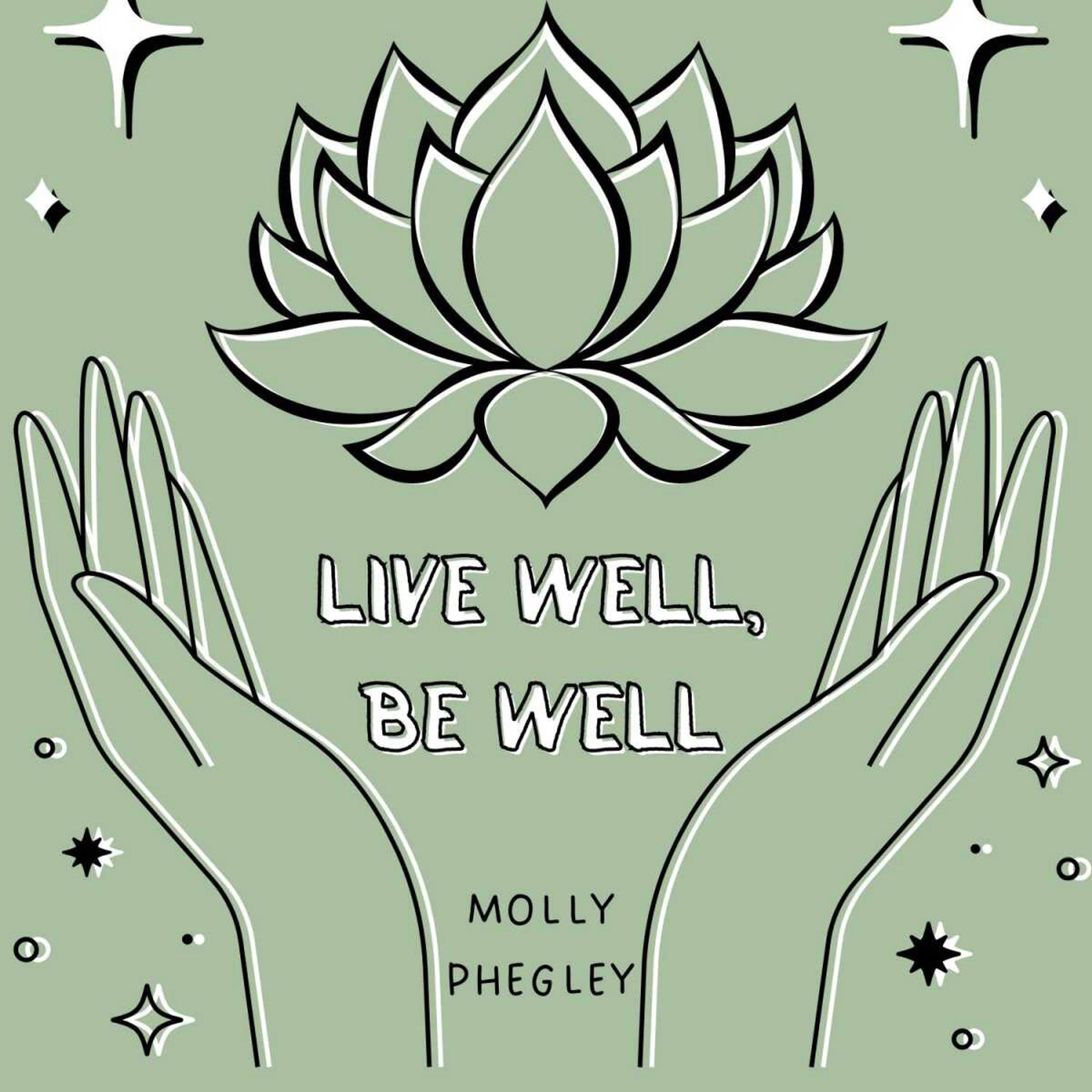
Breath.
I believe breath is the most important aspect to our physical and mental health, and it is often overlooked. I became very intrigued by the power of breath a little over a year and a half ago, and I have been analyzing my breath, along with others’, ever since.
Americans suck at breathing. It’s not hard to see once you become aware of it. We have adapted to very different lifestyles than those of our ancestors. They obviously also experienced anxiety and stress because those are important instincts for survival, but in more modern days, we have created a lifestyle that adds unnecessary stress and anxiety into our daily routine.
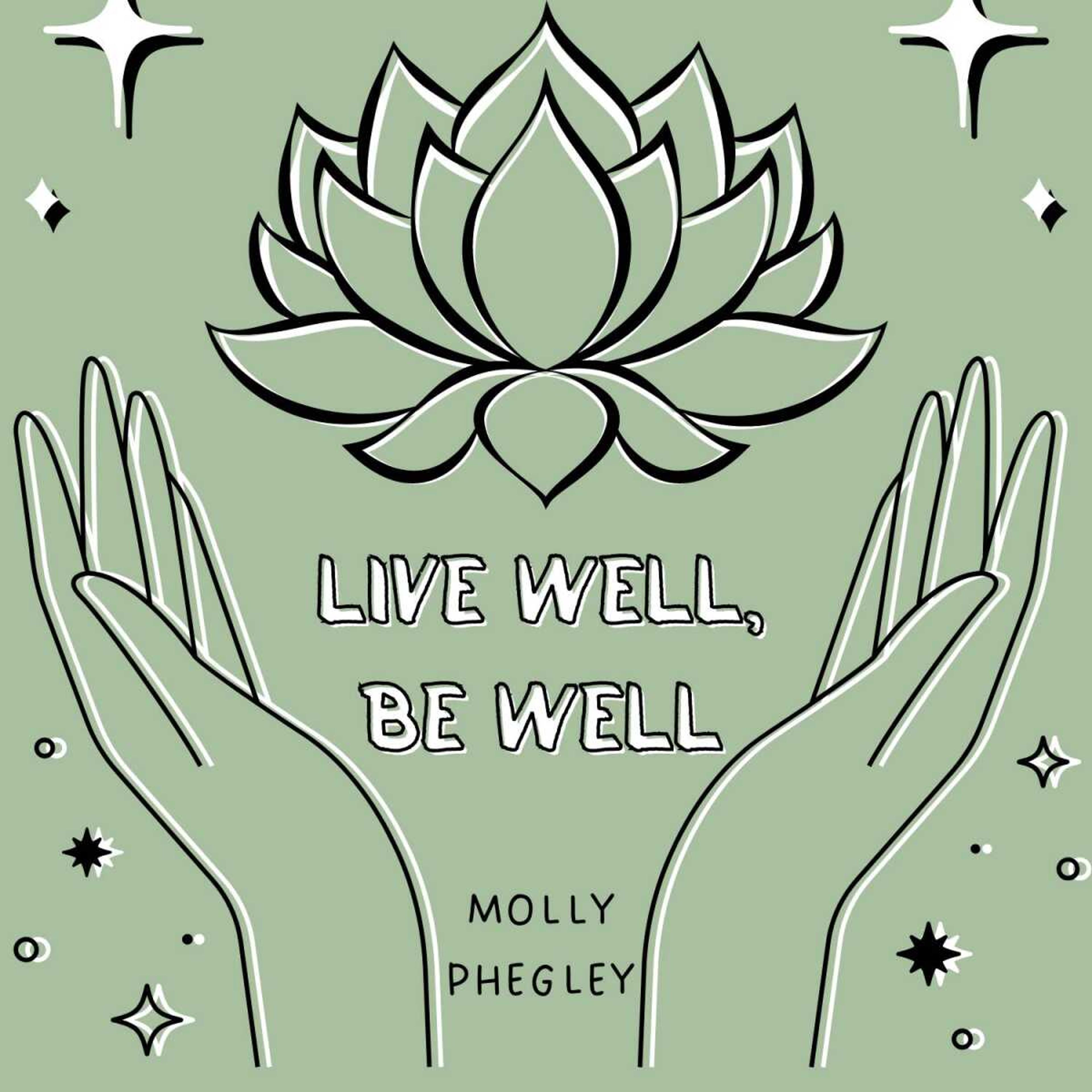
The most common breathing style I’ve seen in people of all demographics is the short and shallow breath that resides in the top of the chest. This is not only a product of anxiety, but a trigger for it. Small breaths do not allow for enough expansion of the lungs and diaphragm to create a full cycle of breath, leaving us with either a lack of oxygen or carbon dioxide, which knocks our bodies and minds off-balance.
Breath is something that we have absentmindedly lost touch with, but it does not mean that we cannot retrain the muscles in our lungs to become high-functioning breathing machines.
The first and easiest step to retraining our lungs is just bringing awareness to it. We breathe all day long every day, but how often do we actually pay attention to what our breath feels like, sounds like, and looks like?
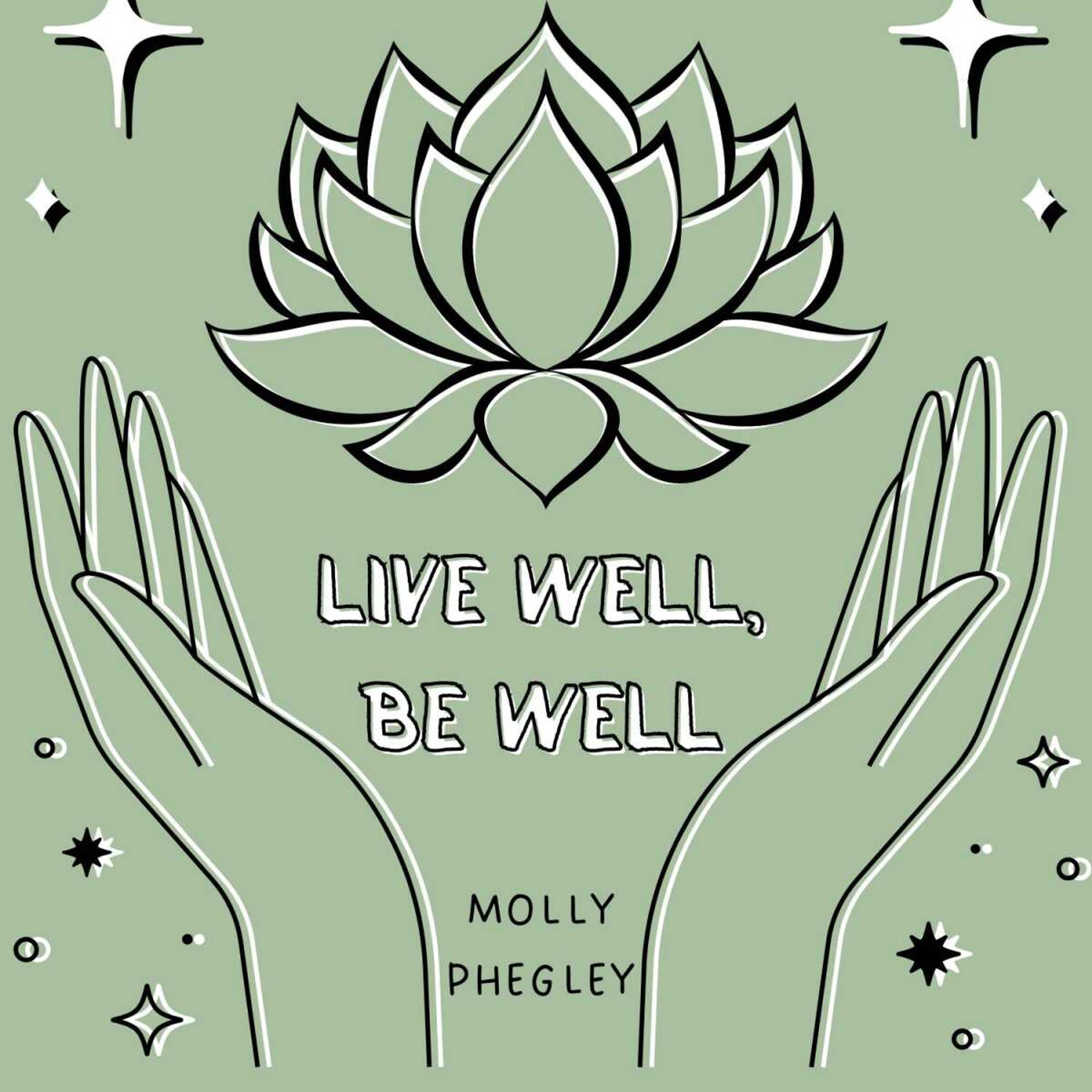
A complete breath is inhaled and exhaled through the nose, breathing mostly in the diaphragm and partly in the chest. The inhale should be complete and full, and the exhale should continue until all residual air from the lungs is removed. Each breath should fully expand and compress the lungs without straining. Now try it! It feels refreshing – a full, complete breath of air.
Of course we cannot focus on this style of breathing every second of the day, but like all muscles, the lungs have memory. Practicing a full, complete breath for only five minutes a day will train your lungs to begin functioning this way without even thinking about it.
Our bodies feel better when we breathe better. The lungs absorb oxygen into the bloodstream, which is then distributed throughout the body to help with all different kinds of functions. Breath also helps put our bodies and minds into a relaxed state, which aids many necessary processes such as restoration and digestion.
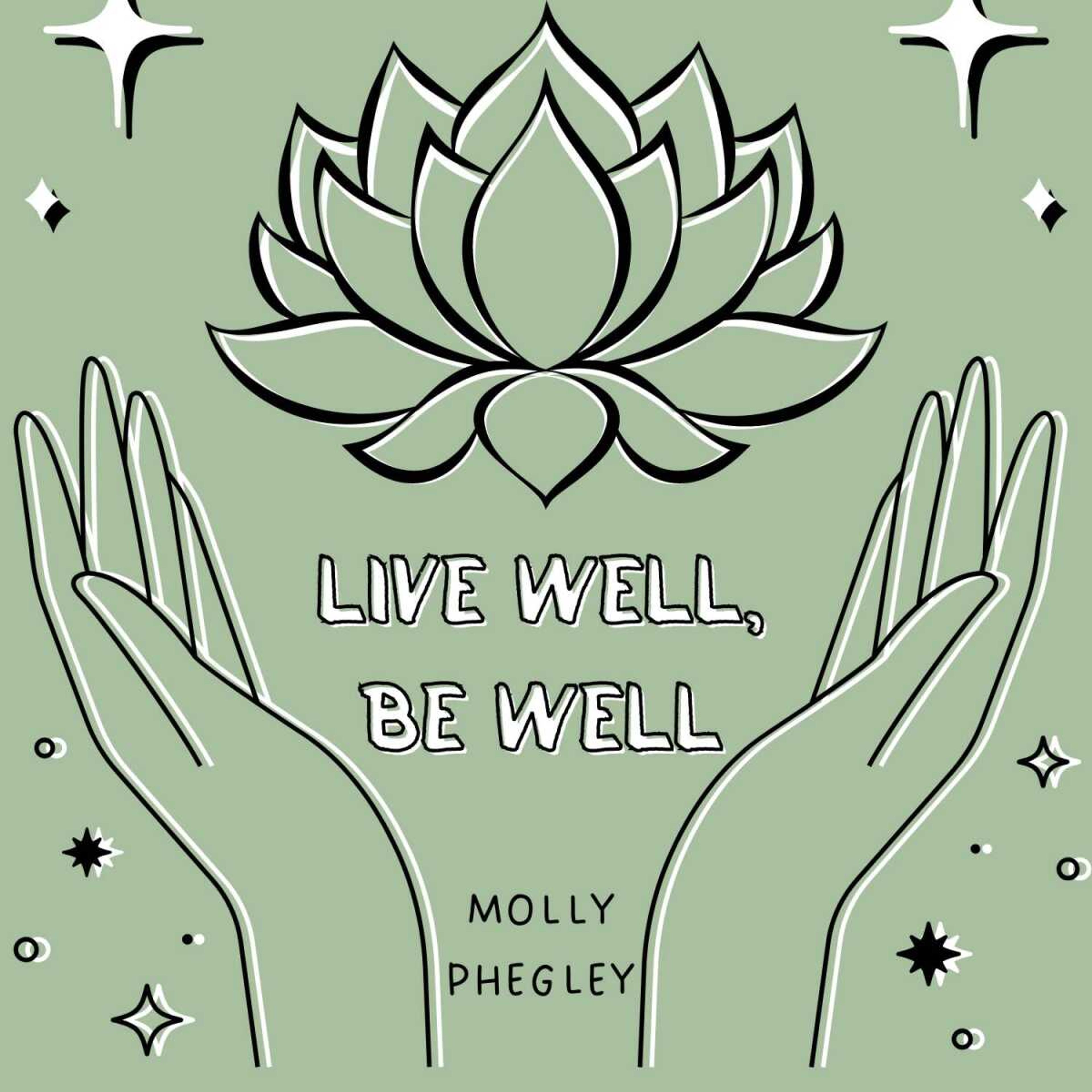
But enough of the sciencey stuff. All in all, breathing correctly just feels good. It pulls you out of a constantly-anxious autopilot. It reminds you to take a moment for yourself from time to time. It slows down your thoughts and emotions.
Find indulgence in breath. Make it something you look forward to every morning and night. Treat yourself to a break and reconnect with yourself. Actually feel the breath moving throughout your body.
Getting to know your body and building a closer relationship with it is one of the most important forms of self-care, and breath is the perfect place to start.
If you’re interested in learning more about the importance of breath, check out one of my favorite books by James Nestor, called “Breath: The New Science of a Lost Art.”
—
Live Well, Be Well is my new weekly column where I will be talking about ways to find harmony between mind and body to create a life that you truly enjoy living. This is my experience through a journey of self growth, and I hope to inspire others to connect with themselves and find a lifestyle that best suits them. I will also release a podcast component with every written piece, so be sure to watch out for those on the Arrow’s multimedia page and on Spotify!
